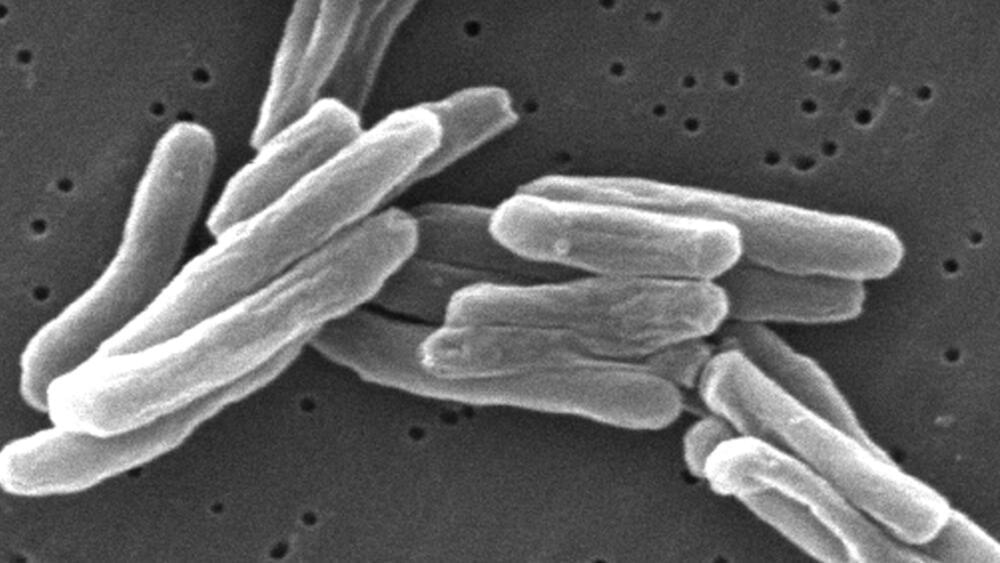Editor’s note: This article is part of a collection of expert commentaries. You can read the rest of the series here.
It is true that the next pandemic is a matter of “when,” not “if.” The statistical certainty of a future pandemic has led to increasing research into potential pandemic pathogens so that we may create lifesaving countermeasures. Such research, unfortunately, also carries a risk of bringing about exactly what it seeks to prevent. Human error or even deliberate action is as likely to be the cause of the next pandemic as natural origin. Such concerns have intensified after the COVID-19 pandemic, which a significant percentage of the US population, at least, believes began with a research accident, one of the two main pandemic origin theories, with the other being the jump of a virus from animals to people. The question then for governments and the research community is how to build confidence in the valuable work that scientists do through appropriate regulation.
While research with favorable risk-benefit profiles must be facilitated, high-risk research of either limited benefits or benefits for only a limited few must be seen through a different regulatory lens.










Leave a reply